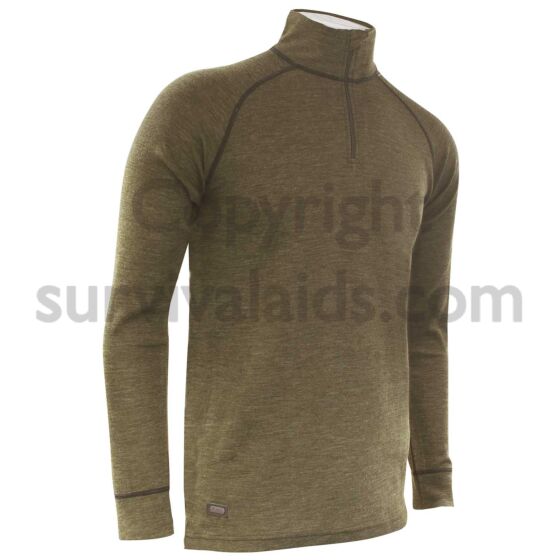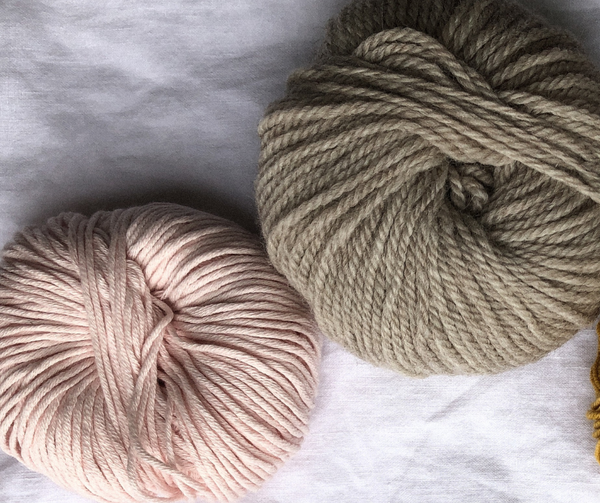Excellent Tips On Selecting Merino Wool Base Layers
What Are The Advantages Of Base Layers Made Of Yak Merino For Winter Sports Clothing?Yak merino Wool base layers are very effective in winter sport clothing not only due to their performance benefits but also because of their fiber-based benefits as natural as well as sustainability in the environmental sphere. Biodegradable and renewable-
Both Merino fleece and yak wool are made from natural fibers from animals. Renewable resources can be harvested sustainably, without causing harm to the animal. They are biodegradable and don't damage the environment.
Low Environmental Impact
The production of natural fibers generally have a lower environmental impact compared to synthetic materials. Wool production is more environmentally friendly than synthetic fibers since it is a less chemical-intensive process.
Energy Efficiency
Processing wool fibers requires less energy compared to the synthetic fibers, such as polyester or nylon. Natural wool is characterized by a low energy consumption, which contributes to reduced carbon dioxide emissions.
Reduced Microplastic Pollution
In contrast to synthetic fibers, which release microplastics when washed natural wool fibers aren't able to contribute to microplastic pollution in water bodies.
Recyclability and durability
Yak merino wool clothing is often durable and long-lasting, extending their lifespan. The fibers of wool are also able to be recycled and reused. This reduces waste as well as the impact on the environment.
Sustainable Practices
Some wool manufacturers and producers employ sustainable and ethical practices. They take care to ensure the health and welfare of animals, a good management of their land and fair working conditions for their workers.
Environmental Certification-
Certifications like the Responsible Wool Standard and the Global Organic Textile Standard verify the environmentally and ethically responsible methods used in the production of wool. It gives consumers confidence regarding the sustainability of wool production.
In general yak Merino wool base layers are environmentally sustainable since they are constructed from natural fibers, have minimal environmental impact, and incorporate sustainable and ethical practices in the supply chain. Selecting natural fibers such as yak merino wool in winter sports clothing is environmentally friendly and responsible consumption practices. See the recommended merino wool base layer hints for website examples including smartwool quarter zip, smartwool classic thermal merino quarter zip base layer top women's, merino long underwear, best merino wool base layer, wool base layer, wool thermals, smartwool 250 base layer, ski base layer pants, best merino base layer, smartwool mid layer and more.

What Are The Advantages Of Bamboo Clothing In Terms Of Softness And Antibacterial Properties Durability, Renewability, As Well As Durability.
Bamboo clothing offers several advantages in terms of its softness, antibacterial properties and durability, and renewability- Softness-
Bamboo fabric's silky smooth texture is often compared with luxurious materials such as silk or cashmere. It's smooth and silky on the skin.
Antibacterial Properties
Natural Antimicrobial Qualities- Bamboo has a natural antimicrobial substance known as "bamboo kun." This property assists in preventing the growth of odor-causing bacteria, fungi and mold on the material.
Durability-
Strength- Bamboo fibres, even though they are soft, can be very robust and durable. Bamboo clothing is resistant to regular wear and tear, making it suitable for various tasks without sacrificing quality.
Renewability-
Rapid Growth Bamboo is a renewable resource that can grow quickly without needing pesticides. It will mature in a couple of years, allowing for a sustainable harvest and reducing environmental impact.
Sustainability-
Eco-Friendly Product- Bamboo is an organic material that leaves less environmental impact. Bamboo's rapid development, low water requirement, and ability grow in different climates all help to ensure its sustainability.
Biodegradability-
Natural Decomposition - Bamboo clothing is able to naturally decay at the end its lifecycle. This decreases the amount of non-biodegradable waste in landfills, and helps to minimize environmental pollution.
Hypoallergenic Qualities
Bamboo fabric has a lower risk of causing skin irritation and allergic reactions than other synthetic fabrics. This makes it a great choice for those with sensitive skin.
The combination of softness and antibacterial properties, as well as resilience, renewalability and sustainability make bamboo clothing a popular choice for those looking for comfort, practical and eco-friendly clothing. These qualities are conducive to a pleasant wearing experience, as well as ensuring eco conscious practices. Take a look at the best bamboo clothing recommendations for blog examples including bamboo yoga trousers, women's freefly apparel, lisa frank bamboo pajamas, bamboo clothing for women, bamboo fitness clothing, bamboo tee shirts wholesale, freefly hoodie, bamboo material clothing, bamboo childrens clothing, bamboo apparel wholesale and more.

What Is The Way That Bamboo And Merino Clothing Compare With Regular Wool?
Merino layers as well as regular wool and bamboo clothing have distinct features.
Softness- Merino is renowned for its fine, soft fibers that are easy to wear. It is less likely that it will cause irritation or itchiness in comparison to other kinds of wool.
Merino wool is moisturizing. Merino wool wicks moisture off the skin and allows it evaporate and keep the wearer comfortable and dry.
Insulation- Merino wool provides exceptional warmth even in the event of a wet. It regulates body temperature, providing insulation and breathability to avoid overheating during exercise.
Odor Resistant - It inhibits the development and spread of odor-causing bacteria So clothes stay fresher for a longer time.
Bamboo Clothing
The softness. Bamboo clothes are often similar in texture to silk and cashmere. It's gentle on the skin and gives an exquisite experience when wearing.
Bamboo fabric is wicks moisture away that means it wicks away moisture from your skin and keeps you dry while exercising.
Temperature Regulation- Bamboo clothing has natural temperature-regulating abilities, offering warmth in winter and breathability to prevent overheating.
Sustainable Bamboo - Bamboo is a fast growing plant and is fertiliser-free without pesticides. It is biodegradable, with minimal impact on the environment.
Regular Wool
Texture: Wool can vary in texture, with some wools being coarser and more prone to cause itching or discomfort.
Warmth- Regular wool is great insulation and warmth, however, it can feel bulky or heavy.
Wool can absorb moisture. This means it is less efficient at moisture wicking in comparison to merino bamboo, or other textiles. Wool retains its warmth, even when damp.
The advantages of merino include softness, moisture-wicking ability and resistance to odor and insulation. Bamboo clothing has a soft texture, excellent moisture-wicking properties, temperature regulation and sustainability. Regular wool is different in its texture. It might not be as soft, or have the same moisture wicking ability as bamboo or merino but provides warmth. Each material is unique and caters to different styles of winter clothes. Check out the top rated merino winter clothings blog for site recommendations including merino wool first lite, omniwool base layer, smartwool mid layer, best merino wool base layer women's, long john merino, ski layers womens, smartwool long johns, smartwool 150 base layer, wool base layer mens, merino ninja suit and more.
